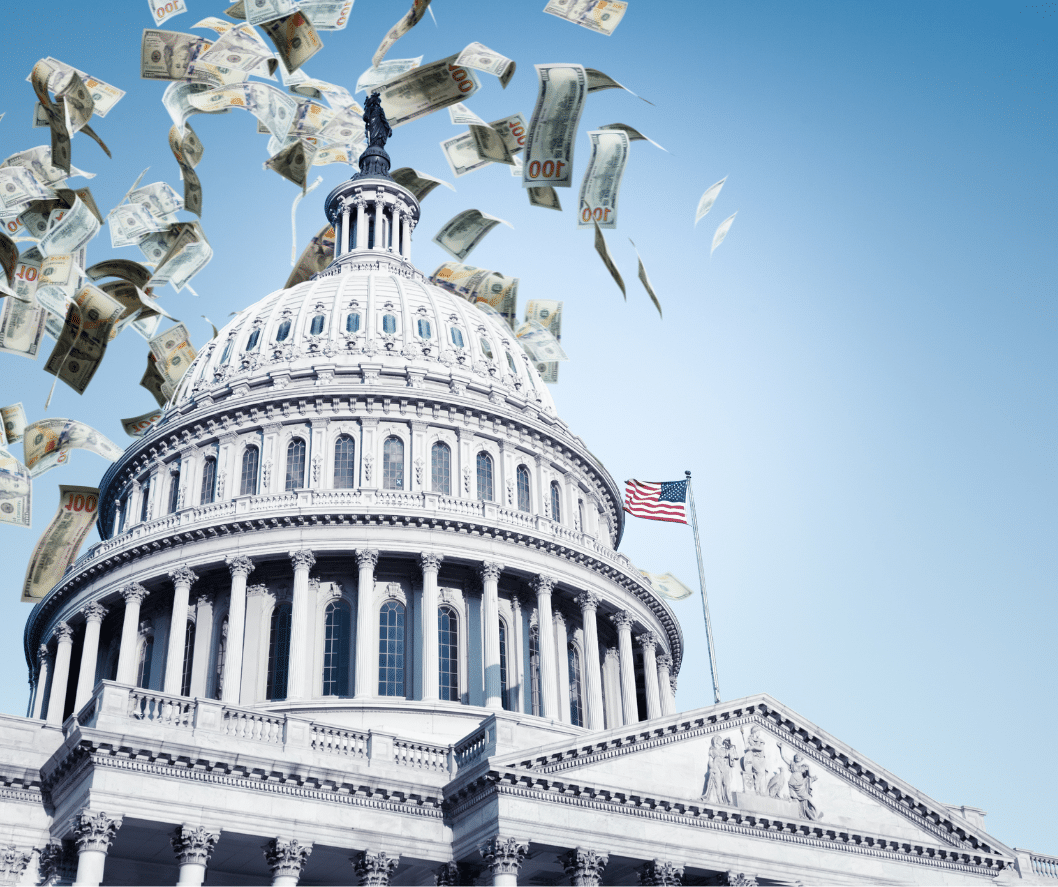The Senate is working on “phase three” of a spending package for emergency aid to individuals, industries and the health care system – and members of Congress, like Massachusetts Senator Ed Markey, are saying the things Americans want to hear.
“As the Senate works on an economic relief package that matches the scale of this crisis, we need to ensure that we put people and family first,” said Markey in Wednesday’s Senate hearing. “No half measures, no hidden bailouts and giveaways just to big corporations.”
But it’s what’s not being said about the estimated $1.3 trillion-dollar economic rescue package that’s raising concerns.
“It just keeps getting bigger and bigger and we know less and less about what is actually in it,” said Steve Ellis, president of the non-partisan budget watchdog Taxpayers for Common Sense.
People need to be asking where this money is going and whether it’s going to be repaid. If we’re providing loads to companies, are we going to be able to recoup that money like we did after the great recession with TARP, said Ellis.
The latest iteration of the spending bill allocates $150-billion to ‘severely stressed sectors’ of the economy because of coronavirus, $500-billion in direct payments to Americans and $50-billion in loans to airlines.
“If we’re going to bail out the airline industry, we’re going to provide a large subsidy for them, then what are they doing with that money?” said Ellis. “How are they applying it? Is it making sure that their workers still have jobs and are able to spend in the economy, or is it going into stock buybacks?”
Ellis says oversight and accountability are essential. In 2009 Congress set up the Recovery Accountability and Transparency Board that tracked the money to make sure it was spent appropriately and allowed for reporting of waste, fraud and abuse. He says now the stakes are even higher and the same should be done here.
We’re in a crisis situation, there’s no doubt about it.
“And there is not going to be any silver bullet that’s going to fix this, that’s going to keep the economy humming,” said Ellis. “So, it’s going to be how can we triage, how can we deal with the health crisis and the economic crisis without creating a long-term fiscal crisis for the country. And that’s a real tough balancing act.”
Ellis says while coronavirus is a surprise, this result isn’t.
He says we were at the end of the longest economic expansion in our nation’s history and it’s during that economic recovery that deficits should have been reduced and spending stemmed. He says had the US been paying down the debt as a percentage of GDP it would have made it much easier to absorb a shock like this without tipping over a fiscal cliff.










